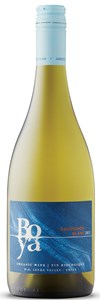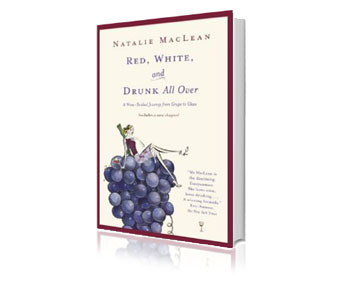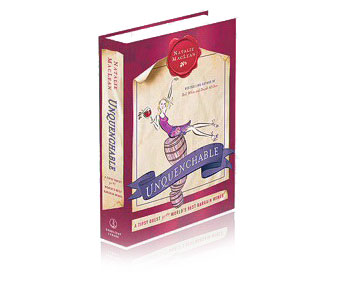Orchid Cellar Winery

Orchid Cellar Winery
8546 Pete Wiles Rd.
Middletown, Maryland
USA 21769
Phone: (301) 473 3568
http://orchidcellar.com/
Contact: Karolina Gajdeczka
Email: [email protected]
At Orchid Cellar Winery, we combine a family tradition of home wine and mead making with extensive knowledge in bioorganic chemistry to produce the finest wines from time-honored recipes. Alcohol has been around since prehistoric times, and specifically mead is thought to be the ancestor to all fermented drinks. From the Olympian ambrosia to the land “flowing with milk and honey,” honey-based beverages trace their way back to civilizations including the Egyptians, Greeks, Celts, and Mayans. We use the highest quality, natural ingredients to re-create several different kinds of the ancient honey-wine.
Mead is an alcoholic beverage, made from honey and water via fermentation with yeast. It is sometimes mixed with spices, fruits, or grain mash. The earliest archaeological evidence for the production of mead dates to around 7,000 B.C. It is independently multi-cultural, having roots throughout Europe, Africa and Asia. To this day, mead-making finds most tradition in Poland. Polish mead-making is documented to the 10th century—and Slavs had been making mead there for at least 1,000 years before! Mead has been known as the national drink since its earliest days, and remained a popular drink for Polish nobility up to the 16th century. Now it is still frequently used for special occasions. Mead was popularized as a drink for nobility during the Middle Ages. In this time, it was frequently produced in monasteries—such as the Bernardine and Capuchin monasteries—and served for the aristocracy. Mead-making spread as a tradition in castles, where even the military was responsible for different tasks depending on rank in the mead-making process.
Now, there are different recipes for mead, depending on other things added during the fermentation process, and proportions of honey and water. Different kinds of Polish mead depend on proportions, and are called poltorak, dwojniak, trojniak, czworniak, and piatak. Poltorak, or “one-and-a-halfer,” is made with one part honey and half part water. These are strongest and matured for the longest time. Dwojniak, or “double,” is one part honey and one part water. Poltorak and dwojniak are referred to as “royal meads” because of their superior quality. Trojniak or “triple”, czworniak or “quadruple”, and piatak or “quintuple” are accordingly one part of honey with two, three, and four parts water.
Update Winery information Submit new wines to be posted Wineries of America
Although there aren't any wines associated with this winery, Natalie may have reviewed brands that this winery produces and she just didn't know to designate this winery in her tasting note. You can search here for specific brands.
 Best Books of the Year
Best Books of the Year Best Books of the Year
Best Books of the Year

















